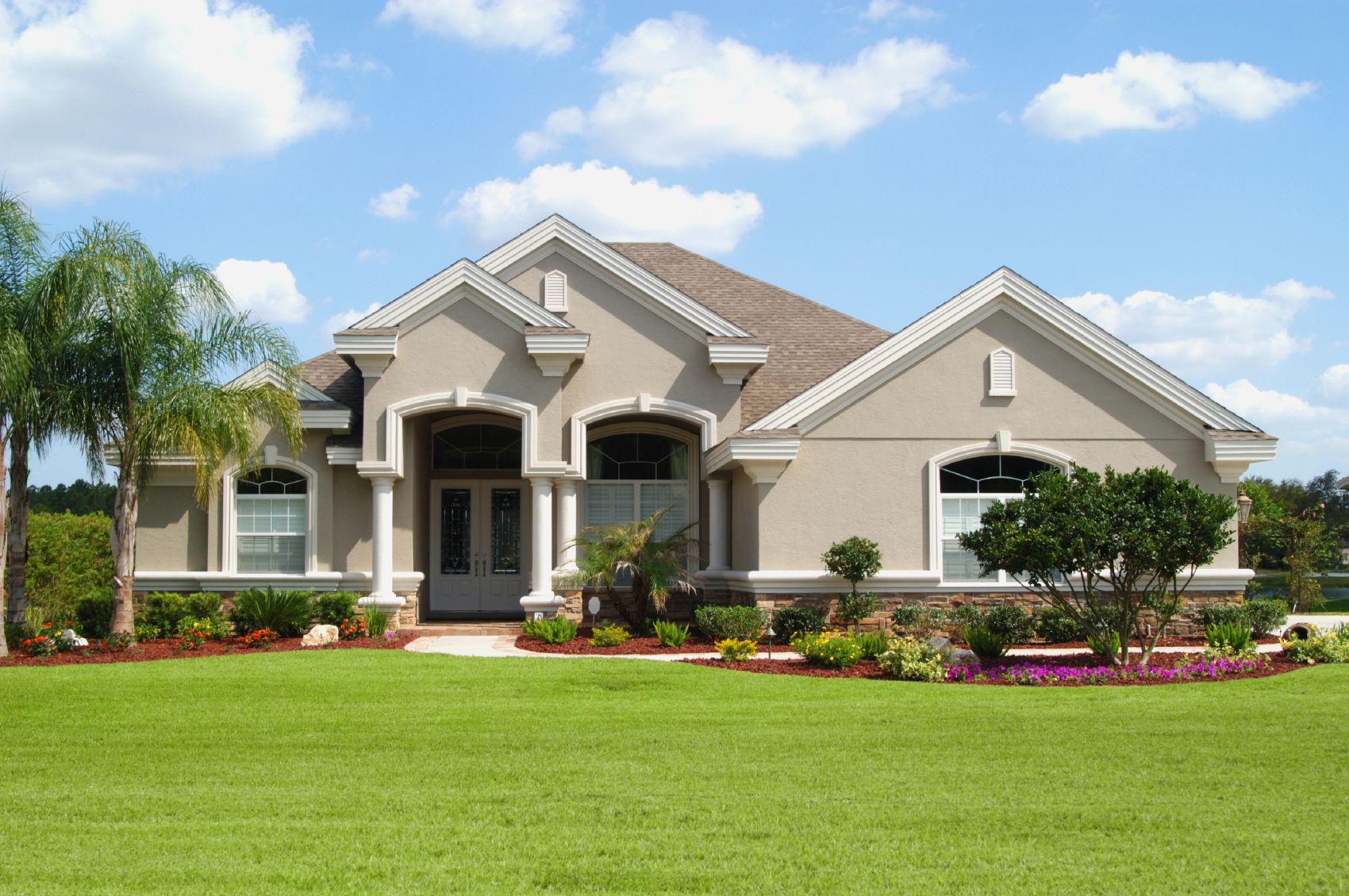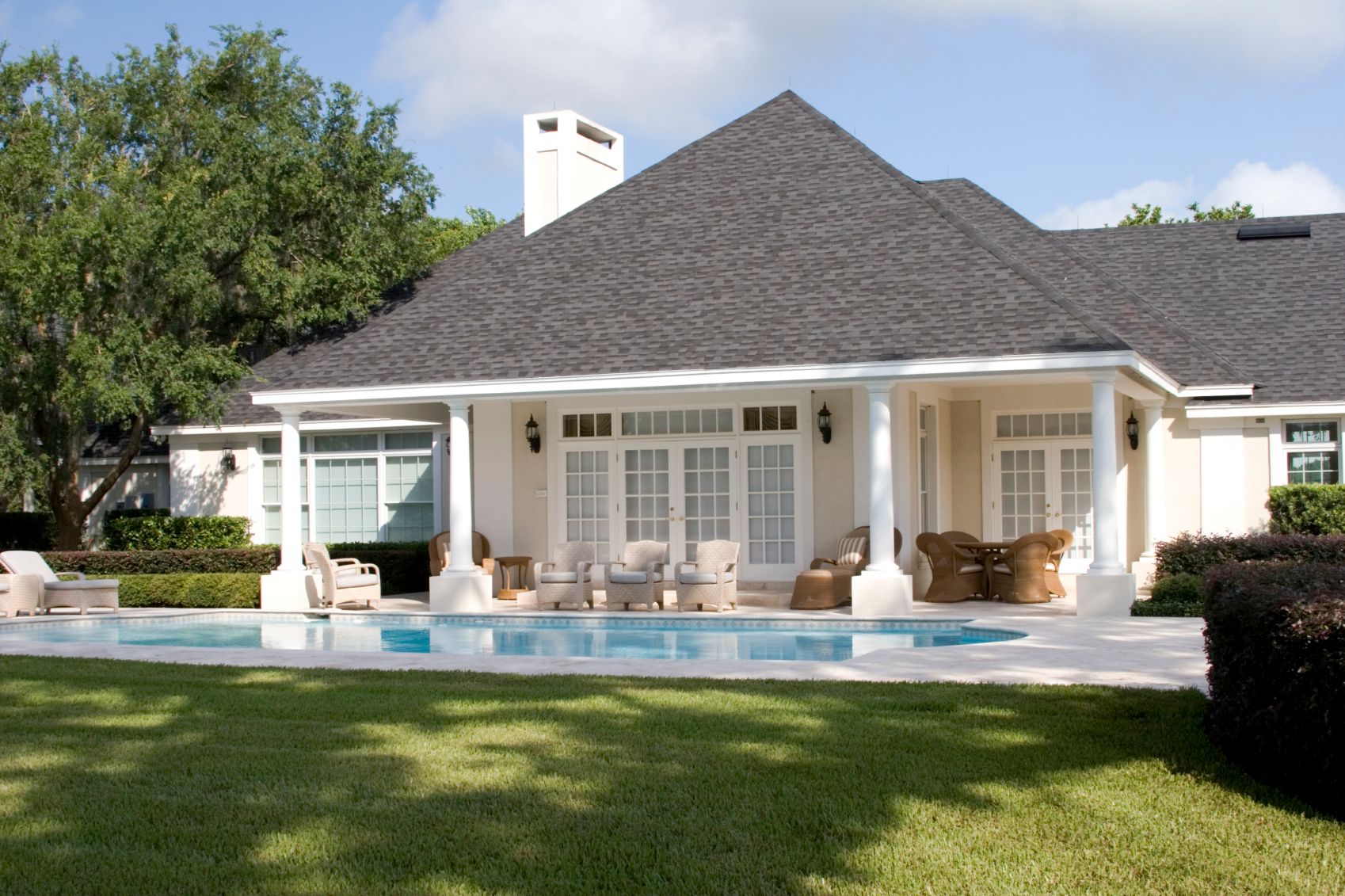


Here is a quick referesher of what we need to know about mortgages thanks to my friends at RBC:
Fixed Rate Mortgage
The interest rate for a fixed rate mortgage is locked in for the full term of the mortgage. Payments are set in advance for the term, providing you with the security of knowing precisely how much your payments will be throughout the entire term. Fixed rate mortgages can be open (may be paid off at any time without breakage costs) or closed (breakage costs apply if paid off prior to maturity).
Variable Rate Mortgage
With a variable rate mortgage, mortgage payments are set for the term, even though interest rates may fluctuate during that time. If interest rates go down, more of the payment is applied to reduce the principal; if rates go up, more of the payment is applied to payment of interest. Variable rate mortgages may be open or closed.
A variable rate mortgage provides you with the flexibility to take advantage of falling interest rates and to convert to a fixed rate mortgage at any time.
Mortgage Amortization
Choosing the length of your amortization period, which means the number of years you will need to pay off your mortgage, is an important decision that can affect how much interest you pay over the life of your mortgage.
Historically, the standard amortization period has been 25 years. However, shorter and in some cases longer time frames may be available depending on the amount of down payment you have available.
A shorter amortization saves you money as you will pay less in interest costs over the life of your mortgage. Your regular mortgage payment amount would be higher than if you had selected a longer amortization, as more of your payment goes towards paying down your principal balance. However, the benefits are that you build the equity in your home faster and are mortgage free sooner.
A longer amortization provides you lower monthly payments and because of this it is appealing to many people. However, it does mean that more interest will be paid over the life of the mortgage and you will build the equity in your home at a slower pace.
Note: If you choose an amortization over 25 years, you must have a down payment of at least 20%.
Closed, open and convertible mortgages
Can't decide between a closed, open or convertible mortgage? There are many factors to consider such as your financial goals and how soon you want to pay off your mortgage.
Closed Mortgage
Closed term mortgages are usually the better choice if you're not planning to pay off your mortgage in the short term. Interest rates for closed term mortgages are generally lower than for open term mortgages. Closed term mortgages offer you the ability to save on interest costs and payoff your mortgage faster. You will pay a prepayment charge if you wish to renegotiate your interest rate, prepay more than your mortgage allows or pay off your mortgage balance prior to the end of its term.
Convertible Closed Mortgage
A convertible mortgage gives you the same benefits as a closed mortgage, but can be converted to a longer, closed term at any time without prepayment charges.
Open Mortgage
Open term mortgages may be appealing if you are planning to pay off your mortgage in the near future. They can be repaid either in part or in full at any time without prepayment charges. Open mortgages can be converted to any other term, at any time, without a prepayment charge. Interest rates for open mortgages are generally higher than for closed mortgages because of the added pre-payment flexibility.